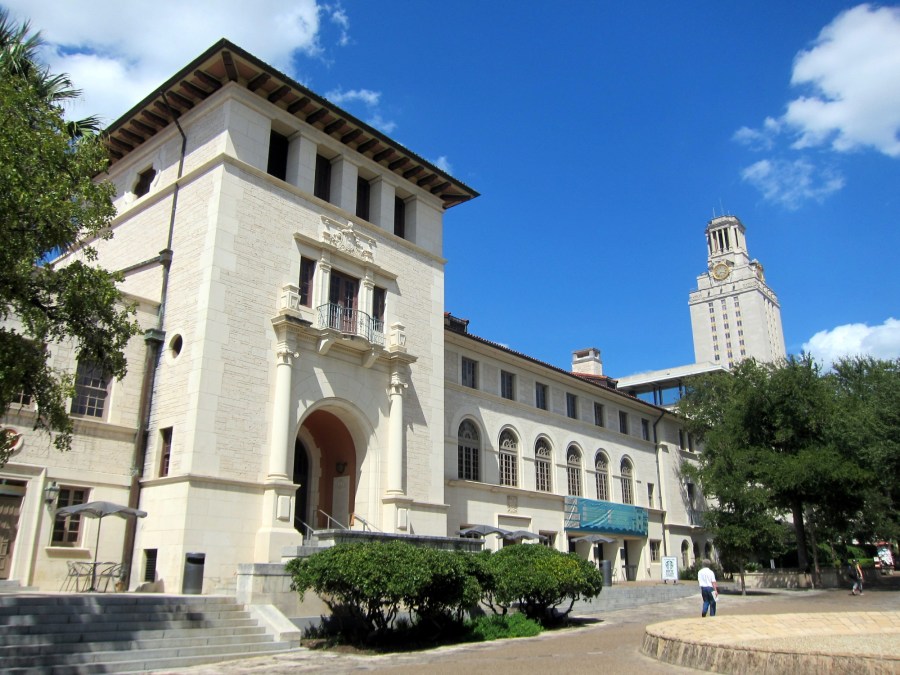UT Austin launches $20M machine learning research institute

The University of Texas, Austin announced Wednesday it will create a new national institute focused on machine learning research.
Funded by a $20 million grant from the National Science Foundation, the institute will support researchers at UT Austin and higher education institutions across the country, including the University of Washington and Kansas’ Wichita State University, to develop new algorithms that will advance artificial intelligence technology and assist industries like transportation and health care in making predictions in complex environments.
“This is another important step in our university’s ascension as a world leader in machine learning and tech innovation as a whole,” UT Austin Interim President Jay Hartzell said in a press release. “Many of the world’s greatest problems and challenges can be solved with the assistance of artificial intelligence.”
The NSF is investing more than $100 million in five new AI institutes nationwide, including the $20 million for UT Austin’s machine learning institute. The other four AI institutes include the University of Oklahoma, which will focus on “weather, climate, and coastal oceanography”; University of Colorado, Boulder, which will focus on “student-AI teaming”; University of Illinois at Urbana-Champaign, which will focus on “molecular discovery, synthetic strategy and manufacturing”; and Massachusetts Institute of Technology, which will focus on “artificial intelligence and fundamental interactions.”
UT Austin has a long history of AI research and development, Hartzell said. Specifically, the new institute will advance work on improving the data processing speed of algorithms, making digital content more accessible to people with visual impairments and medical imaging diagnostics.
In concert with the institute, UT Austin also announced it will establish a machine learning laboratory on campus to convene computer and data scientists, mathematicians, roboticists, engineers and ethicists who will conduct research and collaborate on interdisciplinary projects.
“Machine learning can be used to predict which of thousands of recently formulated drugs might be most effective as a COVID-19 therapeutic, bypassing exhaustive laboratory trial and error,” said UT Austin computer science professor Adam Klivans, who will direct the institute. “Modern datasets, however, are often diffuse or noisy and tend to confound current techniques. Our AI institute will dig deep into the foundations of machine learning so that new AI systems will be robust to these challenges.”
UT Austin’s institute will also support an online master’s degree in AI, undergraduate research programming and online AI courses for high schoolers and working professionals.
Other universities across the country have also opened institutes to advance research in AI, including the University of Miami and the University of South Carolina.




